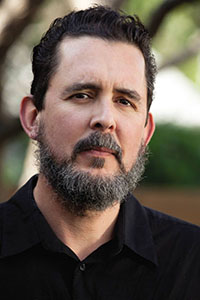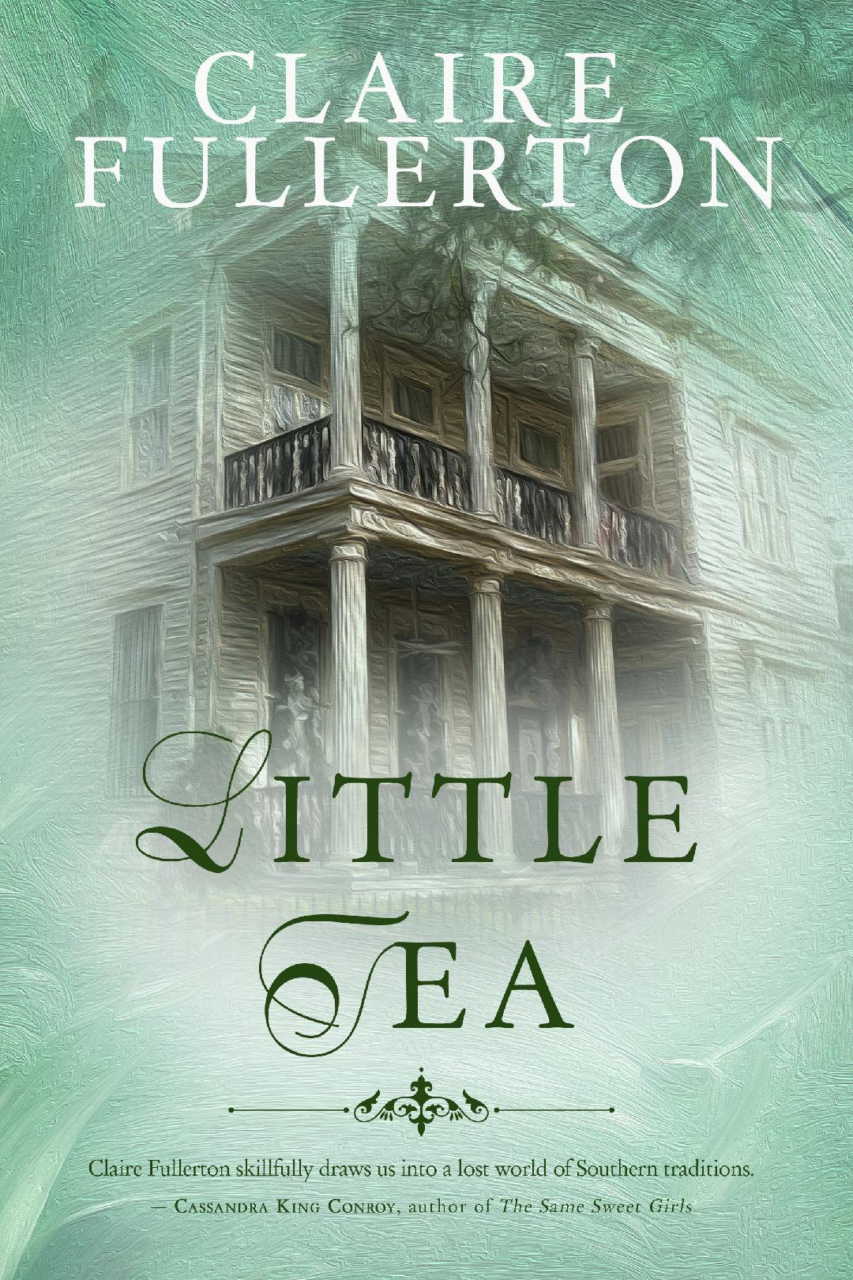L.A. Dark
In Sweet Nothing, mystery writer Richard Lange draws terse poetry from the lives of downtrodden Angelinos
“You have to lose eventually so that someone else can win. Bitch and moan all you want, but that’s the first, and worst, rule of the universe.” These words—spoken by a compulsive gambler who has brought his new girlfriend and her eight-year-old son on a date to the horse track and has just blown the woman’s money on a “sure thing”—serve as a sort of mission statement for Sweet Nothing, Richard Lange’s new collection of short stories.
 Recovering drug addicts, compulsive gamblers, teenage mothers of teenage mothers, alcoholic philanderers—people accustomed to waking up to the sound of gunfire and low-flying police helicopters, to seeing fresh gang-tags each day on the walls of the Korean corner grocery, to finding bloody syringes in glove compartments of their cars, to drifting in and out of jobs and ill-fated attempts at sobriety—these are Richard Lange’s people. With his flair for sharp dialogue, his quick-fire pacing, and his limitless compassion, Lange improbably draws elegant poetry and tragic, lingering beauty from the lives of thwarted, misbegotten denizens of twenty-first century Los Angeles.
Recovering drug addicts, compulsive gamblers, teenage mothers of teenage mothers, alcoholic philanderers—people accustomed to waking up to the sound of gunfire and low-flying police helicopters, to seeing fresh gang-tags each day on the walls of the Korean corner grocery, to finding bloody syringes in glove compartments of their cars, to drifting in and out of jobs and ill-fated attempts at sobriety—these are Richard Lange’s people. With his flair for sharp dialogue, his quick-fire pacing, and his limitless compassion, Lange improbably draws elegant poetry and tragic, lingering beauty from the lives of thwarted, misbegotten denizens of twenty-first century Los Angeles.
Lange’s acclaimed fiction—twice anthologized in the annual Best American Mystery Stories series—has been classified as “literary mystery,” but this designation is somewhat deceptive and unfairly limiting. Lange does have a terrific knack for plotting and a penchant for populating his tales with characters who live within or at the edge of a violent, lawless world. But his work owes much more to Raymond Carver than to Raymond Chandler. Lange’s immersion in the lives of people driven to the margins by self-destructive choices usually rooted in one addiction or another calls to mind the Denis Johnson of Angels and Jesus’ Son (like Sweet Nothing, a story collection with a title nicked from a Velvet Underground song). Johnson’s influence is also apparent in the terse lyricism of Lange’s prose. But his narrators carry with them a lucid self-awareness about their own failings that distinguish them from the surreal voice of Johnson’s unnamed narrator.
And these tales are not limited to a single type of experience but extend to a variety of failures and disappointments. In “Baby-Killer,” Blanca, a young Hispanic grandmother witnesses the accidental shooting of a toddler by a neighborhood thug. Lange measures Blanca’s anxiety about whether to speak to the police (and risk the gang’s retribution) against her regret for her own past choices and her futile determination to protect her granddaughter from the pattern of young single motherhood that both she and her daughter have followed. In “Must Come Down,” a failed filmmaker-turned-substitute teacher is drawn unwillingly into the criminal world of his father-in-law, a dubious diamond dealer. In the title story, a recovering addict who has gone from working as an executive to making sandwiches at Subway tries to reenter the world through a flirtation with a beautiful customer and a burgeoning friendship with his morbidly obese landlord.
.jpg) The unifying thread among these varieties of experience is a universal, existential despair which Lange situates as both cause and consequence of his protagonists’ downtrodden circumstances. In “Instinctive Drowning Response,” a junkie mournfully recalls his own complicity in his girlfriend’s death. “Dreams are bullshit,” Lange writes. “Dreams break your heart. When someone’s dead, she’s dead, and when it’s someone you loved, some of your world dies with her. The places Campbell went with Maryrose give him the creeps now. Everything that used to be fun isn’t anymore. He can’t bring himself to sit on their favorite bench in the park, and the tacos at Siete Mares taste like dirt. At least dope still does him right. Thank God for dope.”
The unifying thread among these varieties of experience is a universal, existential despair which Lange situates as both cause and consequence of his protagonists’ downtrodden circumstances. In “Instinctive Drowning Response,” a junkie mournfully recalls his own complicity in his girlfriend’s death. “Dreams are bullshit,” Lange writes. “Dreams break your heart. When someone’s dead, she’s dead, and when it’s someone you loved, some of your world dies with her. The places Campbell went with Maryrose give him the creeps now. Everything that used to be fun isn’t anymore. He can’t bring himself to sit on their favorite bench in the park, and the tacos at Siete Mares taste like dirt. At least dope still does him right. Thank God for dope.”
Interestingly, the collection’s one story set outside of the milieu of underclass Angelinos is perhaps its most haunting. In “The Wolf of Bordeaux,” a French prison guard narrates the last days of a child murderer and the strange relationship which, against his will, forms between them. Despite his horror at the murderer’s crimes, the guard finds himself deeply affected by his own contemplation of such terrible depravity: “I turned my face from policemen for fear they’d see in my eyes the disquietude in my soul. I avoided touching the children lest my hands obey some phantom command and do them harm. ‘Keep your distance,’ I told my wife and spent my hours away from the prison confined in a cell of my own making, shutting myself up in our darkened bedchamber, where God and the devil fought over me like two dogs after the same bloody bone.”
There is scant optimism to be found in Sweet Nothing. And yet Lange’s boundless compassion for his characters and a dry comic touch that filters into some of the more absurd situations make the collection surprisingly entertaining, despite the bleakness of its subject matter. Even at their darkest moments, the stories in Sweet Nothing are imbued with a sense of searing honesty about our common potential for failure and an empathy for human weakness that make the characters hard not to love, and their author impossible not to admire.

Ed Tarkington holds a B.A. from Furman University, an M.A. from the University of Virginia, and a Ph.D. from the creative-writing program at Florida State University. His debut novel, Only Love Can Break Your Heart, will be published by Algonquin Books in January 2016. He lives in Nashville.


